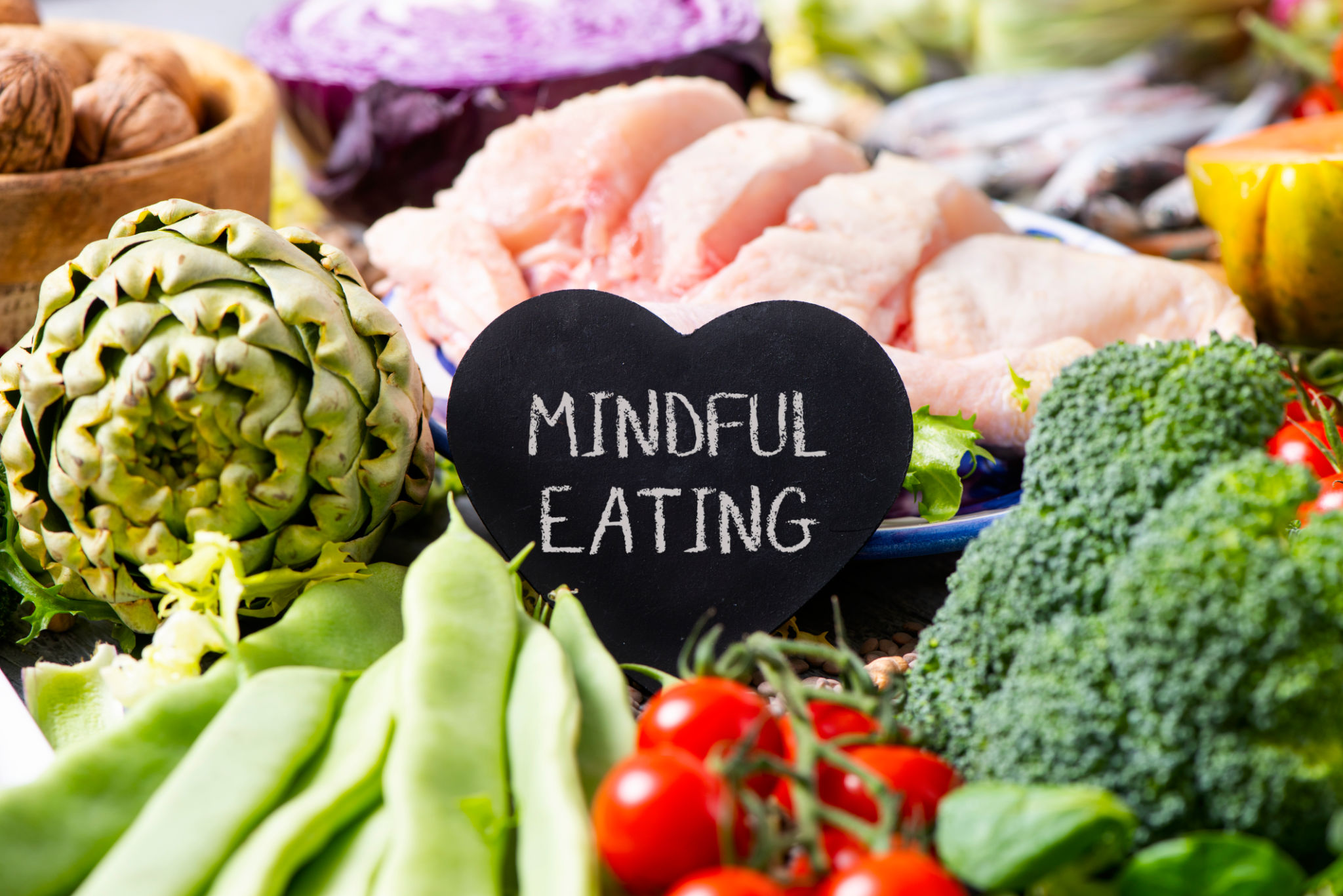Understanding Intuitive Eating: How Does It Work and Why It's Different from Dieting
What is Intuitive Eating?
Intuitive Eating is a concept that encourages individuals to form a healthy relationship with food by listening to their body's natural hunger and satiety signals. Unlike traditional dieting, which often involves strict rules and restrictions, Intuitive Eating focuses on the individual's internal cues rather than external guidelines. This approach aims to cultivate a more balanced and enjoyable relationship with food.
The concept of Intuitive Eating was developed by dietitians Evelyn Tribole and Elyse Resch in the 1990s. It is built on the idea that our bodies inherently know what they need to thrive, and by tuning into these signals, we can achieve a healthier lifestyle.

Principles of Intuitive Eating
Intuitive Eating is structured around ten core principles designed to guide individuals toward a more mindful approach to eating. These principles include:
- Reject the Diet Mentality: Let go of the idea that certain foods are inherently "good" or "bad."
- Honor Your Hunger: Listen to your body's hunger signals and eat when you are hungry.
- Make Peace with Food: Allow yourself to enjoy a wide variety of foods without guilt.
- Challenge the Food Police: Dismiss negative thoughts that label foods as off-limits.
- Respect Your Fullness: Pay attention to signals that indicate you are comfortably full.
These principles encourage a deeper understanding of one's body and its needs, promoting a sense of freedom and enjoyment in eating.
How Does Intuitive Eating Work?
Intuitive Eating works by helping individuals reconnect with their body’s innate wisdom. It involves becoming more attuned to physical hunger and fullness cues, which can be dulled by years of dieting and food rules. By fostering this awareness, people can learn to trust their bodies again and make food choices that feel right for them.

This approach also involves recognizing emotional triggers that may lead to mindless eating. By identifying these triggers, individuals can develop healthier coping mechanisms that don't involve food. The ultimate goal is to cultivate a positive relationship with food and one's body.
Why is Intuitive Eating Different from Dieting?
Diets often come with a set of rules or restrictions, which can lead to feelings of deprivation and eventual overeating. Intuitive Eating, on the other hand, emphasizes personal autonomy and self-trust. It encourages people to eat based on their own bodily signals rather than external pressures or societal norms.
Moreover, Intuitive Eating is not about weight loss. While some people may lose weight as a result of adopting this approach, the primary focus is on overall well-being and self-care. This makes it a more sustainable and compassionate way to approach eating.

The Benefits of Intuitive Eating
Research suggests that Intuitive Eating can lead to numerous health benefits, including improved mental health, increased body satisfaction, and a healthier overall relationship with food. It also promotes greater self-esteem and reduces stress related to eating.
Individuals who practice Intuitive Eating often report feeling more in tune with their bodies and experiencing less guilt around food choices. This can lead to a more balanced lifestyle where food is seen as nourishment rather than something to be controlled or feared.
Getting Started with Intuitive Eating
If you're interested in exploring Intuitive Eating, consider starting with small steps. Begin by paying attention to your hunger and fullness cues and allowing yourself permission to eat all types of foods without judgment. Be patient with yourself as you learn to trust your body's signals again.
It may also be helpful to seek support from healthcare professionals or communities that specialize in Intuitive Eating. They can provide guidance and encouragement as you navigate this new approach to eating.
